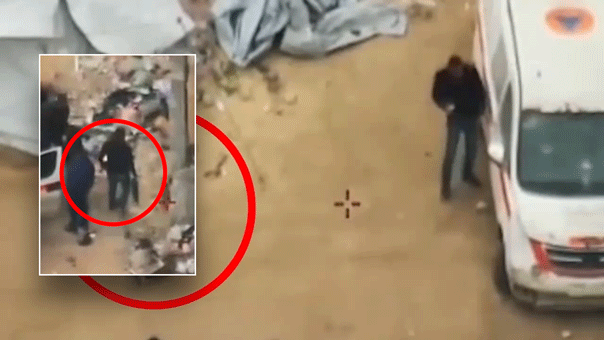TAPACHULA, Mexico – Thin mattresses cover every inch of floor each night at the Good Shepherd shelter near the Mexico-Guatemala border, even spilling into the kitchen and the chapel, as an over-capacity crowd of migrants tries to find space to sleep.
With nearly 700 migrants packed into a space intended for 250, its director, Olga Sánchez, sometimes can offer only beans, rice and a roof.
"They are living in misery," said Sánchez, whose nonprofit shelter relies on donations.
Mexico's ramped-up effort to curb the flow of Central American migrants to the United States so far hasn't eased the burden on the dozens of independent humanitarian shelters like Sánchez's that are scattered along migration routes through the country. It may even have increased demand because many fear they could be detained if they leave the shelter.
Religious groups, mostly Catholic but including some Protestant denominations, have long operated shelters to aid migrants. Initially, they largely helped Mexicans making their way north, or those who had been deported and dumped across the border. But the flow of Mexicans north has abated, replaced by a new flood of Central Americans, Cubans, Haitians and even Africans trying to reach the U.S. or, in some cases, establish roots in Mexico itself.
Most of the migrants at Good Shepherd are seeking refugee status in Mexico and awaiting documentation that could eventually allow them to find work and settle in the country.
At Mexico's northern border with the U.S., shelters in places like Tijuana, Mexicali and Ciudad Juarez are overwhelmed both by migrants arriving from the south, as well as by thousands being returned by the U.S. government to await resolution of their asylum petitions in Mexican territory.
The pinch has been compounded by the austerity measures of Mexican President Andrés Manuel López Obrador, who has slashed support for non-governmental organizations in general, even if he said on Wednesday that his government would support those running shelters.
On Tuesday, the state government of Tabasco, through which many migrants pass, announced that it was investigating shelters on suspicion of money laundering.
Meanwhile, migrants have been trying to make the best of the crowded conditions, appreciative of having a safe place to rest.
"It's better to be here than have them take you prisoner," said Hoda Teresa Gómez, who arrived from Honduras with her husband and three children two weeks ago.
The flow of migrants into southern Mexico has seemed to slow in recent days as more soldiers, marines, federal police — many as part of Mexico's newly formed National Guard — deploy to the border under a tougher new policy adopted at a time of increased pressure from the Trump administration. They work highway checkpoints that inspect the documents of those travelling in taxis and public transportation, but have also made a showing on the banks of the Suchiate River that divides the two countries.
But even if fewer are arriving there is little relief in sight for the saturated shelters because many of the migrants fear continuing their journey north with the increased immigration controls. On Tuesday, Sánchez's shelter had to turn away seven migrants from El Salvador because there was no space. They were sent to a hotel being rented by the U.N. High Commissioner for Refugees for those seeking asylum in Mexico.
"Here everything is complicated, the bed, the baths, sometimes if kids get sick there's no medicine," said Eylin Martínez cradling her 11-month old son at Good Shepherd. The infant was naked because she had just bathed him in an attempt to lower his fever. "But we're OK."
The Rev. César Augusto Cañaveral, director of the Belen shelter in Tapachula, characterized the situation as a "humanitarian emergency." He said they should be offering the migrants not only food, but psychological attention and safety.
With 300 migrants, mostly families, his shelter was at double its capacity, though still maintaining its tidy appearance.
There a Guatemalan family of five enjoyed a bit of calm after escaping their town under a death threat. The father, who declined to give his name because of safety concerns, said they hadn't encountered any police or soldiers as they crossed the river illegally into Mexico. But he said that while traveling on public transportation early Tuesday, the vehicle was stopped twice and his family was extorted, first by a uniformed man with a gun who he couldn't identify and later by police.
"They told me that if I didn't pay they would turn me over to immigration," said the man, a computer repair technician back in Guatemala.
On Wednesday, the humanitarian group Doctors Without Borders said the Mexican government's enforcement efforts were driving migrants into the hands of smugglers and preventing them from getting medical care.
Sergio Martín, the group's head of mission in Mexico said, "Fewer people have come for medical consultations in recent days. The conclusion is obvious: People in need of medical services are not receiving them."
Cañaveral warns arriving migrants to not leave the shelter much, because they could be detained.
He worried that Mexico's militarizing of the southern border could lead to even more migration in the long run.
"I don't think the government can last at the border," he said. "As soon as the soldiers leave it will be worse because they (migrants) will come with more force."








































